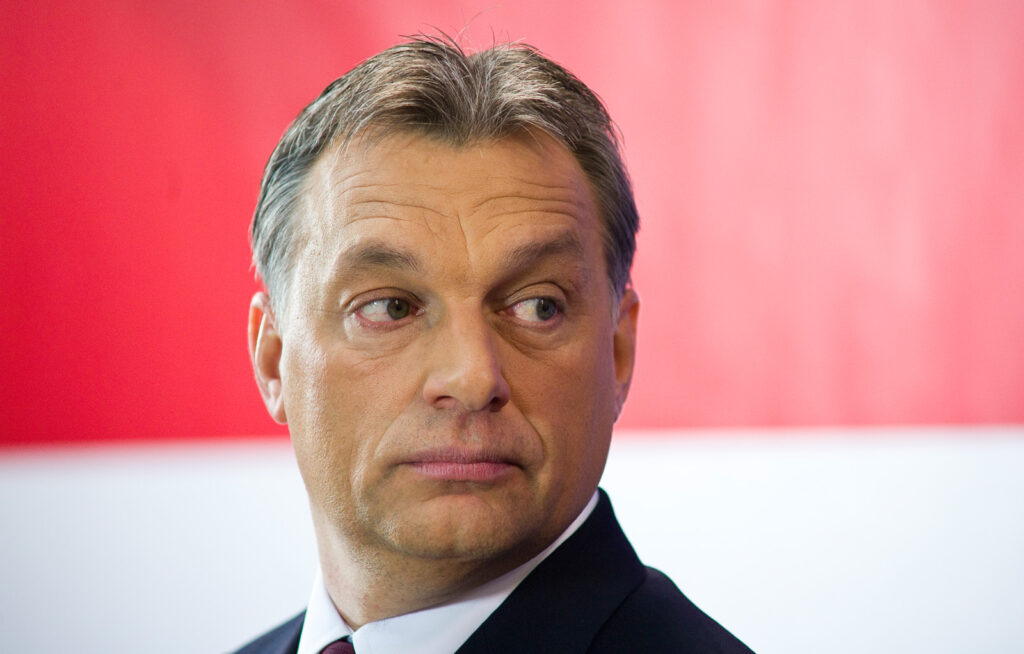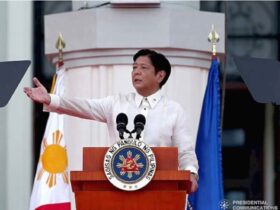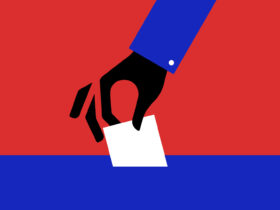Hungarian democracy is backsliding at an alarming rate. Since Prime Minister Viktor Orbán came into power in 2010 — having served nearly a decade earlier — he began what he called an “illiberal democracy.” According to Foreign Affairs contributor Fareed Zakaria, these are “democratically elected regimes often re-elected or reinforced by referendums that ignore the constitutional limits of their power and deprive their citizens of basic rights and liberties.” Illiberal democracies are the antithesis of the EU’s core liberal values, similar to the Chinese and Russian governments. On April 2nd, 2022, Orbán won his fourth term as Prime Minister with 54% of the vote. He is the longest-serving state leader in the European Union. Hungary has survived two occupations by dictatorial regimes since 1944. So, how has Hungary once again been taken over by authoritarianism?
The 2008 financial crisis crippled Hungary’s economy and increased both anti-immigrant and nationalistic sentiment. After serving as a center-left prime minister in his first term, Orbán saw his opportunity and ran as a right-winged candidate. His party, Fidesz, won with 53% of the vote in 2010 and constituted two-thirds of parliament, which gave the party the power to change Hungary’s constitution in 2011. The constitution enabled Fidesz to control the media and combine Hungary’s executive and judicial branches, consolidating Orbán’s power further.
Since his election in 2010, Orbán has managed to sustain his seat in power by gerrymandering, spending the most money on elections, controlling the media to favor his government and voter fraud. The Clean Vote Coalition, a group of Hungarian NGOs, found electors were being offered money and even meat for their vote in support of the Fidesz party.
Political opponents during this election cycle have struggled to gain airtime on Hungarian media outlets because they are pro-Orbán. The Wall Street Journal reported that the Organization for Security and Cooperation — which monitors elections globally — found that the government in Hungary has a monopoly over advertising spending.
In perhaps the most striking testament to Hungary’s democratic backsliding, the European Union attempted to freeze money to Poland and Hungary for being undemocratic and not upholding human rights.
In 2021, Freedom House rated Hungary partly free; its level of democracy decreased by four points to 45.24 out of 100. Orbán has taken over the media by clamping down on press freedom. Similarly, local, regional, and national media have become pro-government. Furthermore, many of Orbán’s closest allies have sought to own influential media outlets, which then turn pro-government. In 2015, there were 31 pro-government news outlets. In 2018, that number jumped to 500 after the control of news outlets was transferred to the Central European Press and Media Foundation, of which the chairman is a former lawmaker from Orbán’s Fidesz party.
Moreover, the line between church and state has blurred due to the constitutional amendments in 2018 and 2020, which forced the country to protect Christian culture and guarantee children’s right to a Christian-based education. In an attack against homosexuality in the country, Hungary passed a law in 2020 that severely limits same-sex couples from adopting children and, in 2021, banned gay people from appearing in TV shows and educational materials. Hungary also does not allow gay marriage.
With his fourth win as Prime Minister, Orbán has once again succeeded in his reign of an illiberal Hungary. This victory will likely create an issue for Hungary’s membership in NATO and the EU, especially as they watch with concern over Orbán’s attitude toward Russia during its invasion of Ukraine. It remains a question of whether Orbán wants to leave the EU or if the EU will decide to remove Hungary from its union.
Orbán will continue to consolidate power and push Hungary further to the right. The question remains: What will Hungary look like as its democracy is lost? Will its government look more and more like Russia and China’s? And finally, what does the future of the EU and NATO look like regarding Hungarian membership?







